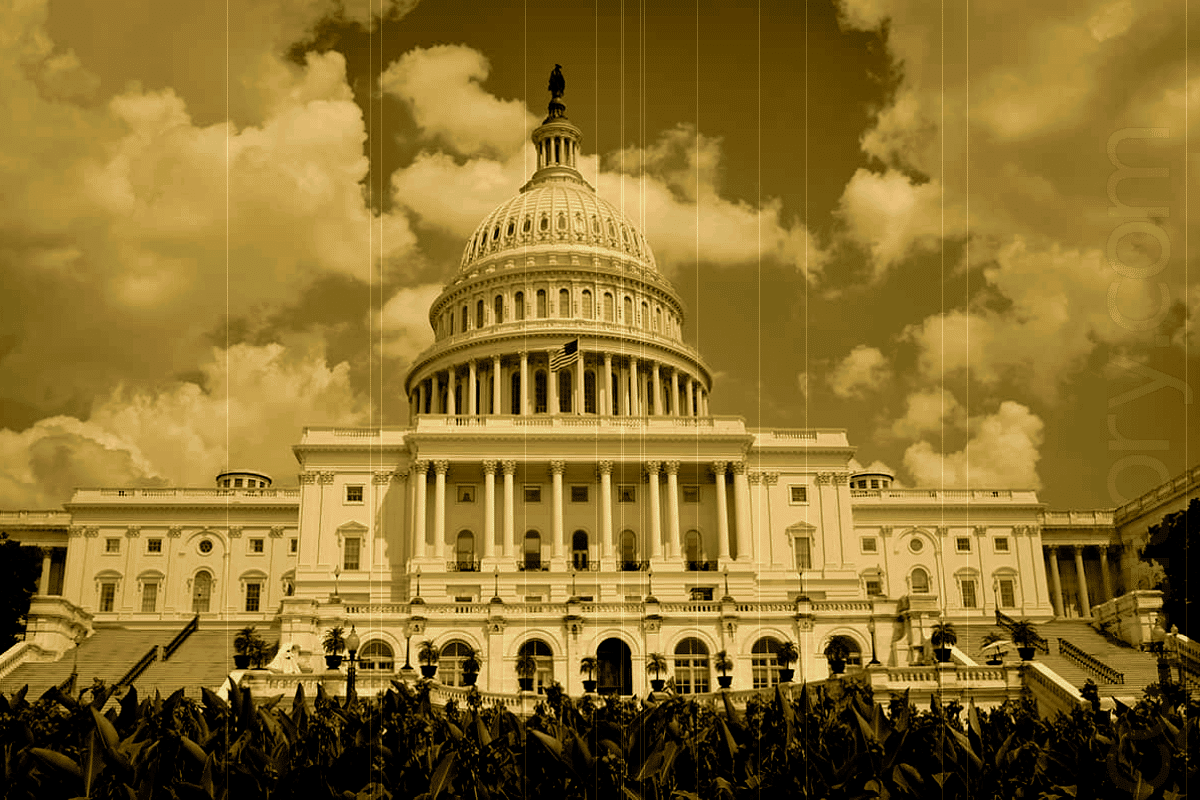
In a recent interview, Deputy CIA Director Michael Ellis underscored the growing role of Bitcoin in U.S. national security operations. Speaking with market analyst and investor Anthony Pompliano, Ellis stated that the agency is actively integrating Bitcoin into its intelligence framework, working alongside law enforcement to monitor blockchain transactions and leverage cryptocurrency in counter-intelligence operations.
“Bitcoin is here to stay—cryptocurrency is here to stay,” Ellis emphasized. “As you know, more and more institutions are adopting it, and I think that is a great trend. One that this administration has obviously been leaning forward into.”
Ellis also framed Bitcoin as a geopolitical asset, citing the need to maintain U.S. leadership in the digital currency space against strategic competitors such as China. “It’s another area of competition where we need to ensure the United States is well-positioned,” he said.
This perspective coincides with recent federal policy shifts. On March 6, 2025, President Donald Trump signed an executive order creating the Strategic Bitcoin Reserve, a repository composed of Bitcoin assets legally seized through federal proceedings. Under the order, the assets will be retained rather than sold, signaling a long-term strategic position on digital currencies.
The shift in institutional attitudes—from cautious regulation to strategic adoption—marks a significant evolution in the lifecycle of Bitcoin. Once a tool of privacy-focused cypherpunks and libertarians, Bitcoin is increasingly viewed as a state-level asset and an instrument of geopolitical strategy.
This institutional embrace has not gone without criticism. Prominent figures in the crypto space, such as Erik Vorhees, caution that government ownership of Bitcoin runs counter to its decentralized origins. Others, like Bitcoin Magazine CEO David Bailey, have welcomed the development as a validation of Bitcoin’s global importance.
The concern over crypto’s drift from its privacy roots predates the current cycle. In 2020, Therese Chambers, then Director of Retail and Regulatory Investigations at the UK’s Financial Conduct Authority, warned that cryptocurrencies had become increasingly institutionalized, operating more like traditional financial instruments than the anonymous, decentralized tools they were intended to be.







